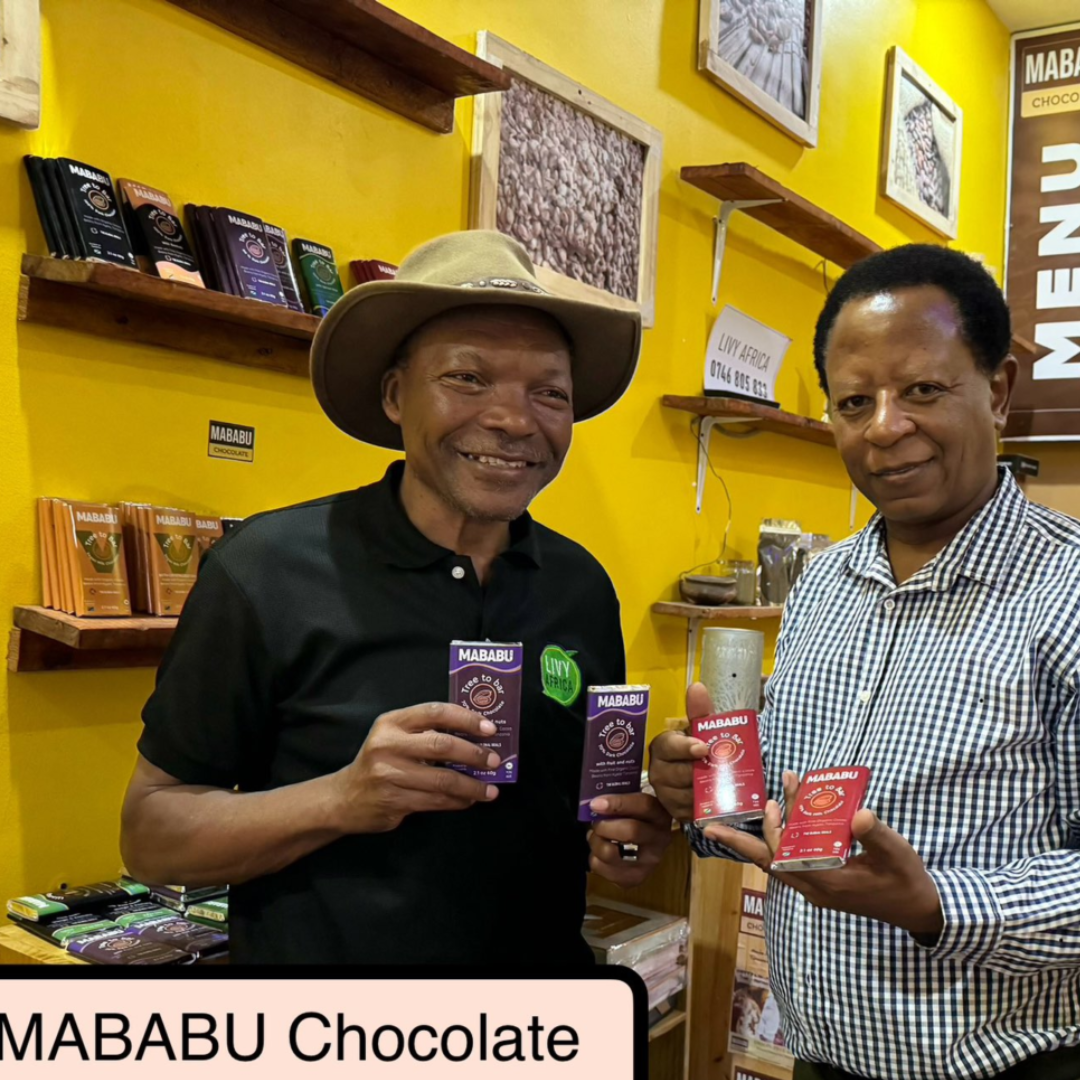“PiATA Tija” a new dawn in agriculture for smallholder farmers in Kigoma
“There is no meaningful poverty alleviation effort without addressing agriculture and its challenges.” These are words by Kigoma Urban MP Zitto Kabwe, which smallholder farmers, who are the majority populace in Tanzania and Africa at large, can easily identify with.
Agriculture, after all, is the predominant economic sector in Kigoma Region, where the bulk of production comes from smallholders farmers.
There are indicators that in the region, there are serious efforts to up agriculture and change the lives of the people for the better.
In the industrialization drive, Agriculture Development Bank(TADB) has started the process of identifying companies to invest in the construction of palm oil mill processing plant in Kigoma.
According to the MP, stakeholders need to support “initiatives to produce edible oil by increasing production and productivity of our palm trees in Region.” Other cash crops in the area are coffee and tobacco.
Very importantly at the same time, there are efforts by the government and stakeholders to consolidate food crop production for assured food security and agro-processing. When Prime Minister Kassim Majaliwa visited the region late last February, he was emphatic that agriculture and agro-processing was the way forward in improving people’s lives.
According to Mr. Donald Mizambwa, Associate Program Officer at Alliance for a Green Revolution in Africa (AGRA), because the region straddles the trade corridor linking Tanzania with Democratic Republic of Congo, Burundi, and Zambia this can be translated into huge local and export market opportunities for agri-products.
Smallholder farmers comprise over 80 percent of the adult population in Kigoma region, which has an area of 45,066 square kilometers (8,029 sq. km is covered by water), with its agro-potential hugely underutilized.
Mr. Mizambwa says smallholder farmers need most- integrated solutions for the challenges/constraints they face which can be solved by increasing production, access to markets, improving food security and livelihoods.
In September 2017 AGRA provided a grant to a consortium of 5 organization, to work together in supporting the government of Tanzania in bringing out solutions to some of the farmers’ challenges.
The projects that run up to August 2020. “The project finances integrated efforts to address constraints faced by the smallholder farmers in Kigoma Region with the goal of increasing income and improving food security and livelihoods,” Mr. Mizambwa notes.
Codenamed “Kilimo PiATA Tija” loosely translated into solution based agriculture, it has become a catchphrase for smallholder farmers in 300 villages where the project is being implemented.
“We need initiatives that geared towards assured food security and agribusiness prospects– this will bring good economic tidings, to the farmers and the region,” notes Mr. Joseph Rubuye, Regional Agricultural Adviser- Kigoma.
Mr. Moshi Ihiza, a farmer leader and a cassava farmer based at Kanazi village, Kasulu District, Kigoma, noted that when “Kilimo Tija” started, it was with a maize demonstration farm. The farm was run by his farmers’ group after training by the project.
“This taught us how to move from traditional farming to modern maize farming. Using improved seed and fertilizers as well as spacing crops as required,” he notes.
Mrs Nezia Sigaza, is happy, in the last season, she produced enough maize to feed her family. She expects in the next season to produce extra for sale. Her story is the story of the many villagers involved in the project.
Preliminary findings show that maize farming in the area has greatly improved for some farmers. Some villagers were getting only 2 sacks of maize from one acre and after using improved seeds and fertilizer, they are able to get 18- 20 sacks.
In the region, Maize is one of the leading food crops in terms of highest consumption. According to the profile by the regional government, the soils throughout the region are suitable for maize growing. To improve yields, which have been poor in the past, use of fertilizers, improved seeds, and good husbandry, is paramount.
Back to Regional Agricultural Adviser- Kigoma, Mr. Joseph Rubuye, “Kilimo PiATA Tija and other all initiative to improve the sector are on the right track. What is needed is to sustain the momentum for the good of the region and Tanzania in general.


